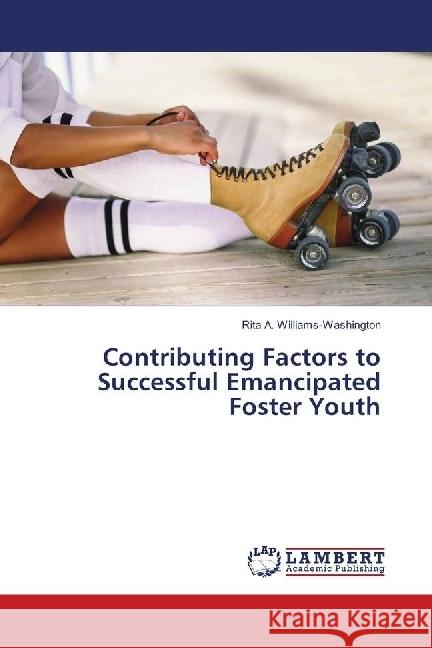Contributing Factors to Successful Emancipated Foster Youth » książka
Contributing Factors to Successful Emancipated Foster Youth
ISBN-13: 9783659638336 / Angielski / Miękka / 2018 / 240 str.
When children in foster care turn 18, they are, for the most part, on their own. They are "called emancipated"; they are legally adults free from the foster care system. But many leave foster care with no job or income, few educational prospects and little emotional support or community connections. There is a lack of knowledge regarding the effectiveness of services. Another challenge to improving policy and practice directed towards foster youth transitions to adulthood is the poor knowledge base supporting existing interventions. The vast majority of the existing research has relied upon caseworker ratings, self-reporting by foster parents, and identity information related to placement disruptions and placement success. Researchers must take into account the important role that foster youth perception plays in determining the child's goal and success or failure of placement. From an Interpretive Perspective this research focused on the concept of resiliency. This study evaluated the perceptions of successful independent young adults regarding their life experience after foster care focused on their personal strengths; resiliency.











